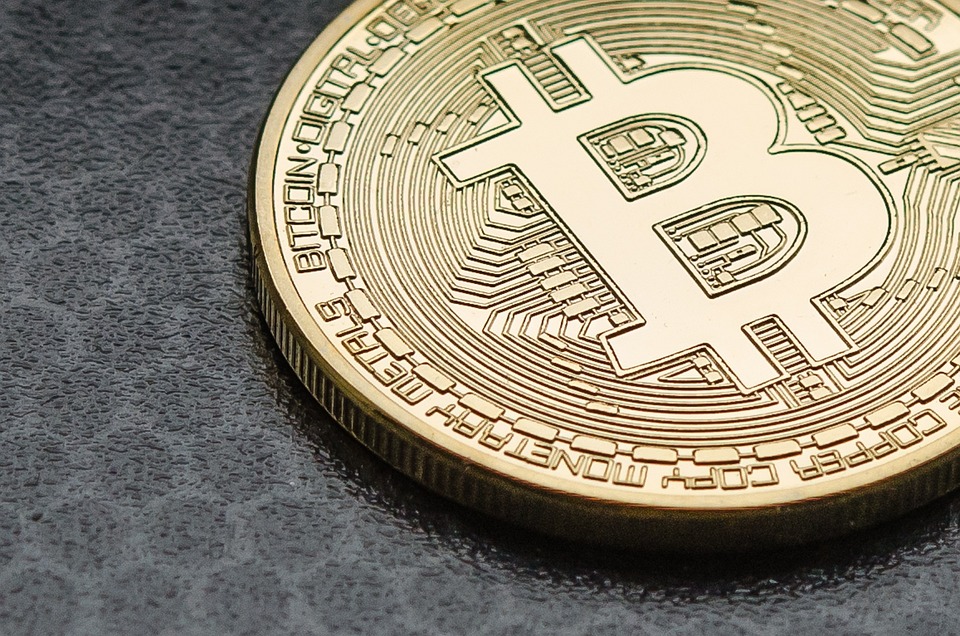The Battle for Tax Neutrality: Will Bitcoin Survive Washington’s Claws?
The rise of cryptocurrencies like Bitcoin has been nothing short of meteoric, with its market value surging from humble beginnings to well over $1 trillion in just a decade. However, as its popularity has grown, so too has the scrutiny from regulatory bodies around the world. At the forefront of this scrutiny is the United States government, which is attempting to get its hands on a piece of the Bitcoin pie. But what does this mean for the future of Bitcoin and the notion of tax neutrality?
The Root of the Issue
The tax issue surrounding Bitcoin and other cryptocurrencies is a complex one. The Internal Revenue Service (IRS) has long struggled to define the status of cryptocurrencies, with the agency viewing them as a form of property, similar to stocks or bonds. This perspective has led to a number of tax discrepancies, with some tax experts arguing that transactions involving cryptocurrencies are subject to capital gains tax, while others claim they are exempt from such taxation.
In 2014, the IRS issued guidance on the taxation of virtual currencies, stating that they would be treated as property, not currency, for tax purposes. This ruling was met with widespread criticism from the cryptocurrency community, which argued that it disregarded the decentralized and borderless nature of these digital currencies.
The Battle for Tax Neutrality
In response to the IRS’s guidance, a group of Bitcoin enthusiasts and developers came together to create the first decentralized, open-source cryptocurrency, Monero. Monero, which launched in 2014, is designed to be more private and anonymous than its predecessors, including Bitcoin. This new development has pitted the two cryptocurrencies in a battle for tax neutrality, with Bitcoin’s more traditional approach to governance and regulation pitted against Monero’s decentralized, anonymous approach.
The Stakes
The stakes are high, as the outcome of this battle will have far-reaching consequences for the entire cryptocurrency ecosystem. If the IRS prevails, it could lead to a clampdown on cryptocurrency transactions, potentially stifling innovation and limiting the growth of the industry. On the other hand, if Monero and its ilk succeed, it could pave the way for a more open and accessible cryptocurrency market, free from the shackles of traditional regulatory bodies.
The Future of Cryptocurrency
As the battle for tax neutrality rages on, the future of cryptocurrencies like Bitcoin and Monero hangs in the balance. While some may argue that the very existence of these digital currencies is at stake, others see this as an opportunity for the industry to adapt and innovate. Only time will tell which path the cryptocurrency world will take, but one thing is certain: the road ahead will be long and arduous, but the potential rewards are well worth it.
Conclusion
The battle for tax neutrality is far from over, and the outcome is far from certain. As the United States government and the global cryptocurrency community continue to grapple with the implications of the rise of digital currencies, one thing is clear: the future of Bitcoin and other cryptocurrencies hangs in the balance. Will the IRS prevail, or will the decentralized, open-source approach of Monero and its ilk prevail? Only time will tell, but one thing is certain: the stakes are high, and the world is watching with bated breath.

